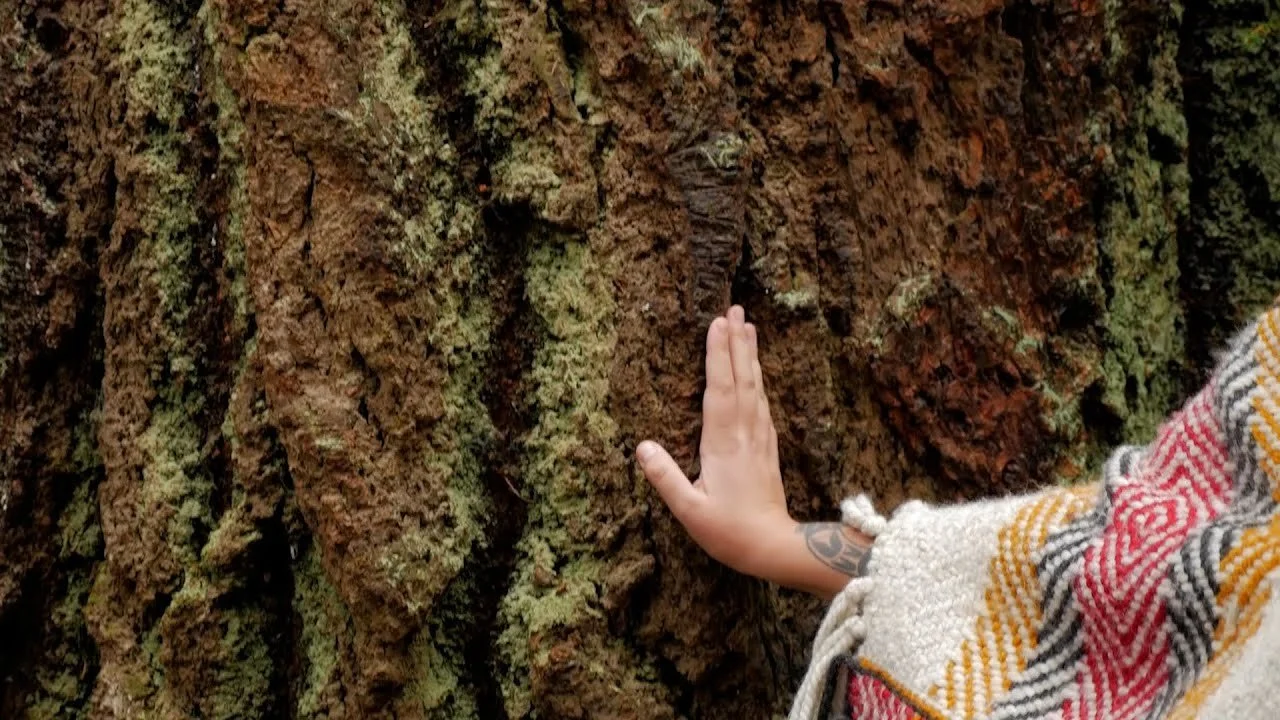The Earth and our Relationship with Thought through the Indigenous Way of Knowing
It’s a Monday morning, and you wake up for school 20 minutes before class starts. In a frenzy, you rush to get ready, brushing your teeth while deciding between two choices: whether to walk to school (15 minutes) or get your dad to drive you (3 minutes). You pick the latter option, settling into the seat and arriving at school on time. However, you may be unaware of the 0.002 tonnes of CO2 released into the environment by this trip, adding to the 26.4 billion tonnes of CO2 humans contribute per year.
While the Earth may come second in priority to more sleep and quicker transportation for you and me, the Indigenous Way of Knowing places the Earth at the forefront of its epistemology. Challenging Western paradigms through the embodiment of knowledge in building relationships with the world around us, examining Indigenous knowledge systems can provide profound insights into the nature of knowledge and its connection to our everyday lives.
At the root of the Indigenous Way of Knowing is the recognition that knowledge is not something “extracted” from the world through factual data, but rather something embodied and experienced. A key aspect of Indigenous “epistemology” lies in relationships—building interactions with the Earth, the community, and the society we live in today. To understand that knowledge in Indigenous communities isn’t cognitive or intellectual but a way of being, we can clearly draw the line between Indigenous and Western philosophies, particularly in the context of the “pursuit” of knowledge. Knowledge isn’t something to be pursued but lived.
In clarifying the nature of knowledge in relation to ourselves and the Earth, it is also crucial to note that the Indigenous Way of Knowing depicts everything as interconnected. In the case of the Earth, Indigenous communities believe it is not an inert object to be studied or polluted, but a living entity with wisdom, spirit, and rights. The animals and plants on Earth are viewed as providers of knowledge in their own right, rather than resources to be exploited. In terms of epistemology, the sense of interconnectedness that the Indigenous Way of Knowing embodies also values community and the sharing of knowledge collectively. Rather than something to be possessed and “mastered,” knowledge in Indigenous cultures is ever-flowing, passed from generation to generation, from earth to animal, to spirit, to human.
Knowledge also goes hand in hand with responsibility. Returning to our example of driving to school, the Indigenous Way of Knowing calls us out, challenging us to remember that to know is to recognize one’s responsibility to care for and protect what we “know.” When “it” refers to the Earth and the environment, recognizing that “it” is not something to be extracted and exploited, but rather honored and preserved, helps us understand why our Indigenous brothers and sisters value the environment while Western epistemology often views it as secondary.
Knowing the Indigenous Way of Knowing challenges us as individuals to inherently question Western epistemology and its implications within our relationship with life. Shifting our focus away from the universality, selfishness, and objectivity of knowledge, the Indigenous Way of Knowing challenges us to see knowledge as relational, interconnected, and something we ought to be responsible for. As the world faces increasing threats from climate change, environmental degradation, and polarization, we must advocate for better relationships with the Earth and remember that to know the world is not to control it but to engage with it in a way that honors its knowledge and spirit. Embracing the Indigenous Way teaches us not just a new way of thinking about knowledge, but a new way of being in the world.
Following this, I urge all sleep-deprived students making the choice to drive or walk to school in the morning to consider making a choice that leads to a more sustainable, ethical, and symbiotic future.



